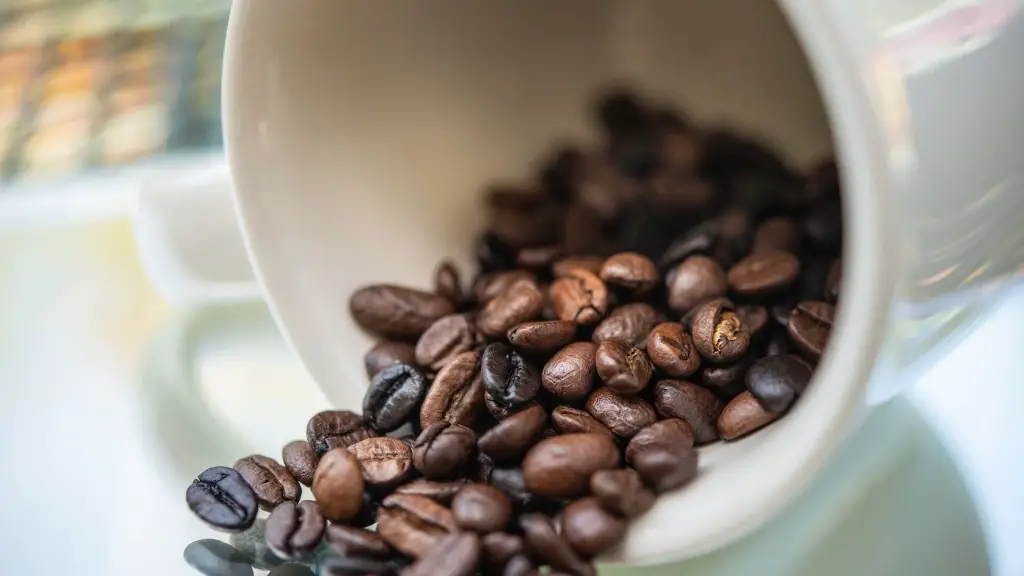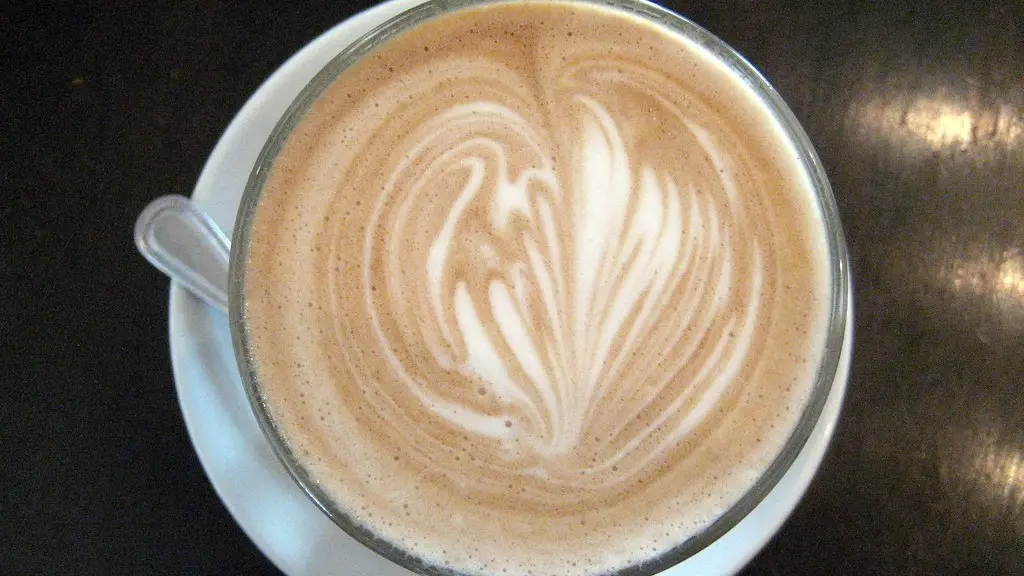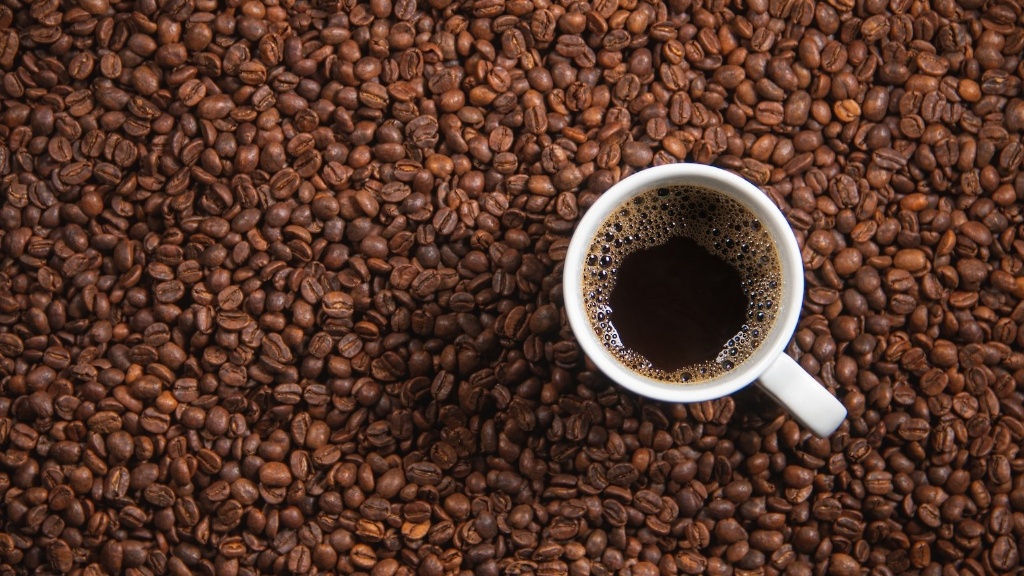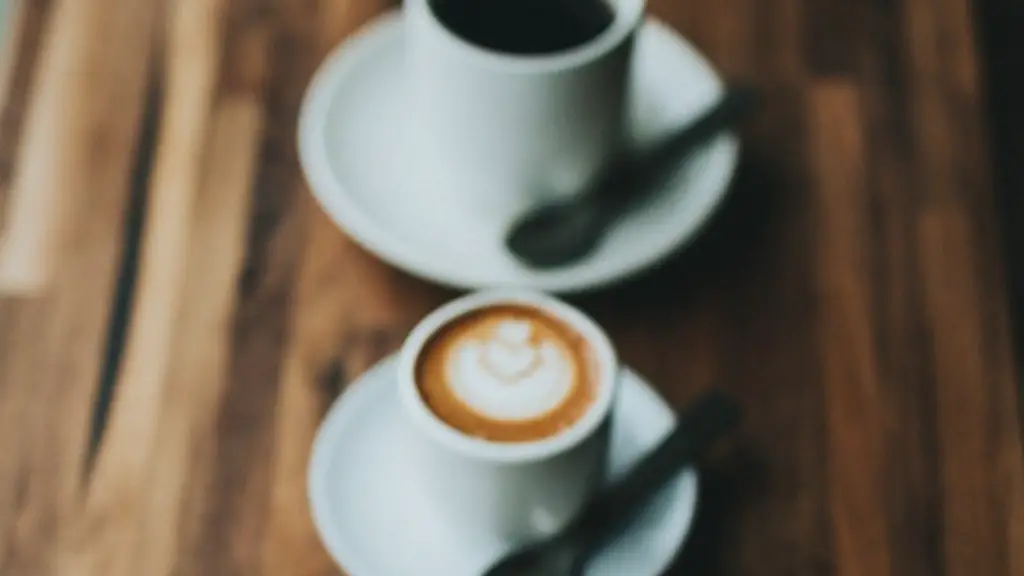Coffee and Covid-19
With the COVID-19 pandemic spreading globally, people are trying to stay healthy while still managing to maintain some of their normal routines. Coffee-lovers, in particular, may be wondering if it’s still safe to enjoy a cup of joe during the pandemic.
According to the World Health Organization, “COVID-19 is a respiratory illness that is spread when an infected person coughs, sneezes, speaks, or breathes out small droplets containing the virus. These droplets can then be inhaled by people close by, or may land on an inanimate surface, where the virus can survive for some time. People can become infected by touching a contaminated surface with their hands and then touching their nose, eyes, or mouth.” The organization also states that the spread of this virus through food or food packaging is not considered a major route of transmission.
Prof. Joe Duche, a University of Melbourne clinical epidemiologist, explains that, “The virus is transmitted mainly through respiratory droplets and direct contact, not through drinking coffee or food. The main ingredient in coffee is water, and water alone will not spread the virus.”
Any potential virus on a cup of coffee is most likely due to contamination from human contact, like a store clerk handling the coffee container, the customer’s hands touching it, or even the brewing methods of manual espresso machines, which involve human contact on the spouts. However, good hygiene from the barista by washing their hands and wearing a mask, as well as from the customer in maintaining the “1-meter social distancing”, can greatly minimize the risk of contamination.
When drinking at home, it is still important to take precautions; espresso coffee machines and coffee grinders should be wiped clean, and regular hand washing should be performed by anyone who handles the coffee beans or equipment.
Coffee and Energy Balance
Although drinking coffee will not increase the risk of contracting the virus, consuming large amounts of caffeine can lead to energy imbalance, dehydration and cravings for sweets, which can negatively affect one’s overall health.
Dr. Felice Jacka, founding director of the Food & Mood Centre at Deakin University, in Melbourne, Australia, states that “Coffee has natural antioxidants, which can benefit the immune system, but just as with eating too many sweets, drinking too much coffee can lead to an energy imbalance, reducing our natural immunity. Too much caffeine can also impair the quality of our sleep and mood, which can further put strain on our immune system.”
Therefore, it’s important to remember that moderation is key when it comes to caffeine consumption. Dr. Jacka recommends drinking no more than one or two cups of coffee per day.
In addition, sugar-sweetened beverages should be avoided during the pandemic, while healthier alternatives may help to reduce the risk of falling ill, such as unsweetened fresh fruit and vegetable juices.
Furthermore, coupled with a nutritious diet, Dr. Jacka claims that, “exercise is not only good for physical health, but also for mental health, which in turn can boost our immunity.”
Coffee and Natural Antioxidants
Coffee is rich in natural antioxidants, which help to reduce cell damage and support immune functioning.
Dr. Jacka explains that, “Consuming a balanced diet full of fruits, vegetables, and healthy proteins is the best way to keep your immune system functioning optimally. Coffee has natural antioxidants, however, drinking it in moderation is key.”
Also, when the body is exposed to excessive caloric levels, typically seen in the typical Western diet, which is high in animal sources of fat, the risk of systemic inflammation increases due to the presence of certain inflammatory molecules in the bloodstream. This kind of systemic inflammation can promote the development of chronic illnesses, including diabetes and various forms of cancer.
Dr. Jacka claims that “Drinking coffee as part of a balanced diet of whole foods, healthy proteins, and fresh fruits and vegetables helps to balance out the inflammatory effects of the Western diet, likely leading to a decreased risk of chronic diseases.”
Dr. Jacka further recommends a good night’s sleep of 7-8 hours, and advises that “anyone who is feeling overwhelmed by the pandemic should practice mindfulness – taking a moment for yourself to breathe, stretch and reflect.”
Coffee and Burning Sensation
Coffee has been known to cause a burning sensation when consumed, which is generally caused by acidity.
Prof. Duche explains that, “Acidic compounds in coffee can cause an uncomfortable burning sensation in the mouth. This burning sensation is due to the compounds found in coffee, such as caffeine and those compounds that create the bitter flavors.”
The best way to avoid this burning sensation is to select Arabica coffee beans, which have lower levels of acidity, or to drink milder coffees.
Prof. Duche also advises that, “adding dairy products can help to reduce the sensation of a burning mouth, as dairy products, such as milk and yogurt, help to neutralize the acidity in coffee.”
Additionally, Prof. Duche suggests, “If the acidity of your coffee is causing discomfort, there are also various methods, such as cold-brewing, decaffeinated and organic coffees, which can be used to reduce the bitterness of the coffee.”
Using Coffee Grounds
Many people are throwing away their used coffee grounds, which is a waste of a valuable resource.
Prof. Duche explains that, “Coffee grounds are a source of valuable minerals and essential compounds that can be used for a variety of purposes.”
Using coffee grounds in the garden can boost soil fertility, while they can also be used as facial and body scrubs, to help reduce cellulite, exfoliate dead skin cells, and fight wrinkles.
Coffee grounds can also be used as a fertilizer in compost bins, and as an additive to skin-care products, to help reduce the appearance of wrinkles, fight acne, and restore skin elasticity.
Prof. Duche suggests, “Coffee grounds can also be used as an insect repellent, and added to skin-care creams to help reduce the appearance of stretch marks and cellulite.”
Coffee grounds can be reused up to three times, depending on the strength of the brew, which makes them a valuable resource.
Coffee and Dependency h2>
Drinking coffee can lead to reliance on caffeine, as an addiction forms with increased consumption.
Dr. Jacka warns that, “Coffee can become addictive if consumed in large amounts and can lead to dependency, with some people using it as a mechanism to cope with stressful situations and fatigue.”
If the body has become accustomed to regular caffeine intake, then without it one can suffer withdrawal symptoms, such as headaches, fatigue and irritability.
The best way to avoid becoming hooked on coffee is to drink it in moderation and as part of a healthy and balanced diet. Additionally, quitting caffeine is easier if one begins by slowly reducing their coffee intake over a few days, rather than quitting abruptly.
It’s also important to be mindful of the psychological effects of coffee, as Prof. Duche explains: “We should be mindful of the physiological and psychological impact of coffee, as caffeine can increase anxiety and arousal levels.”
Coffee and Pandemic Preparedness
COVID-19 has highlighted the importance of being prepared and having a healthy immune system.
Dr. Jacka explains that, “Having a healthy immune system is essential for a safe and healthy existence during the pandemic, and with the right diet and lifestyle choices, one can boost their immunity and keep the virus at bay.”
Eating a balanced diet, rich in fruits and vegetables, as well as regular exercise can help to increase the body’s natural defences. Drinking coffee in moderation is also part of this routine, as coffee has natural antioxidants, which can benefit the body’s immunity.
By taking the right precautionary measures and being prepared, coffee-lovers can still enjoy their coffee without putting their health at risk.
Conclusion
Coffee-lovers, in particular, are wondering if it’s still safe to enjoy a cup of joe during the pandemic. The World Health Organization claims that the spread of the virus does not occur through food or drink, and Prof. Joe Duche, a University of Melbourne clinical epidemiologist, explains that the main ingredient in coffee is water, and that water alone will not spread the virus. Any potential virus on a cup of coffee is most likely due to contamination from human contact. With precautions and safety in mind, coupled with moderation and a balanced diet, coffee-lovers can still enjoy their coffee without putting their health at risk.





